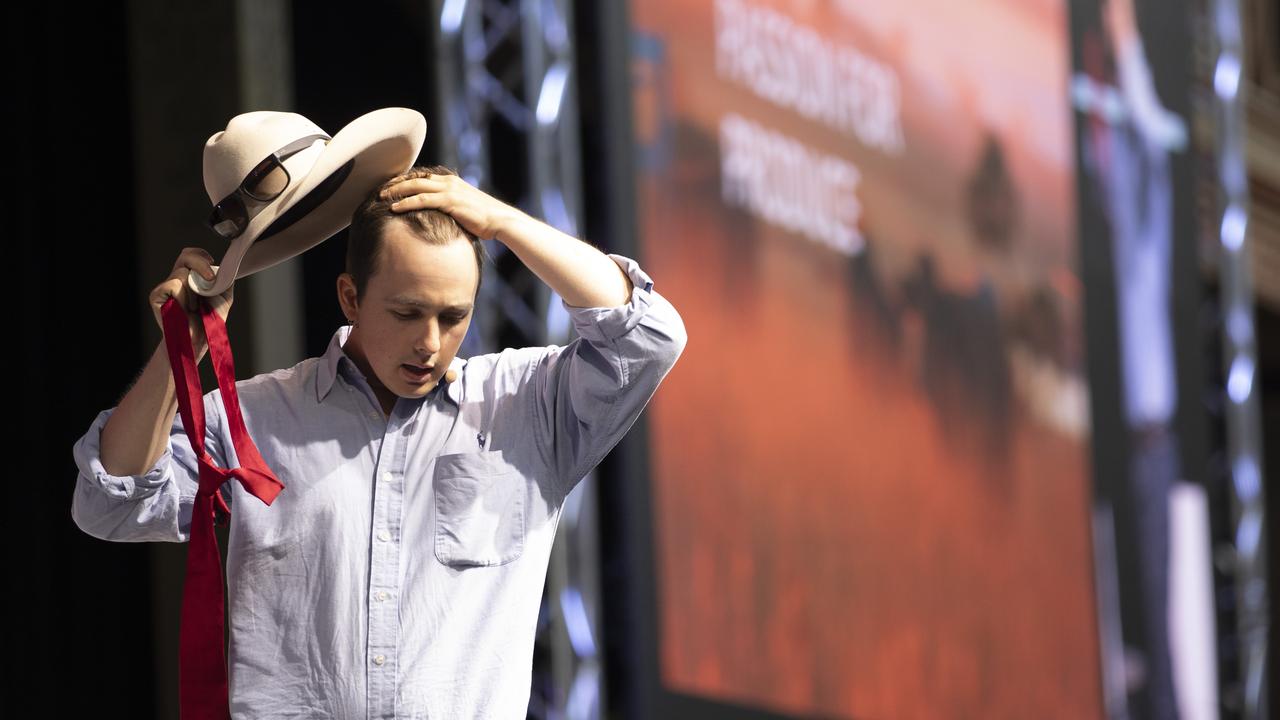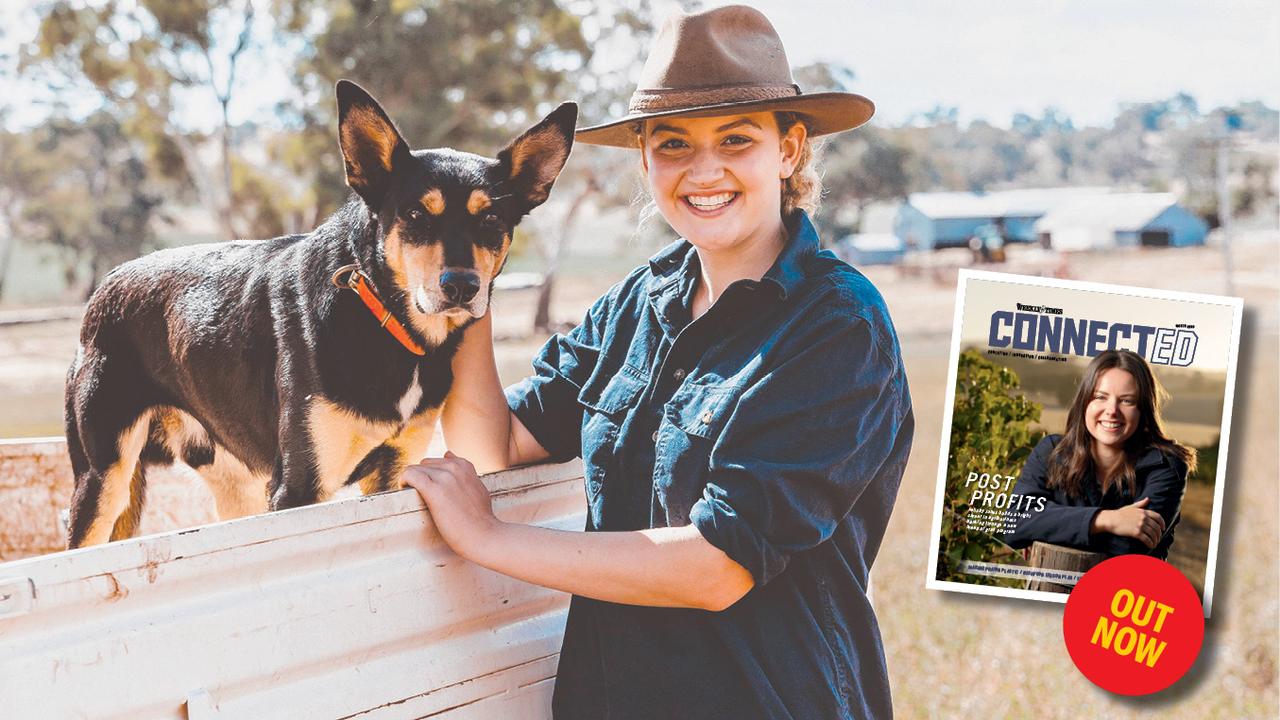Ag Science in Action at University of Melbourne Dookie campus
PROFESSOR Timothy Reeves is on a mission to attract the best and brightest minds to ag. CAMILLE SMITH reports.
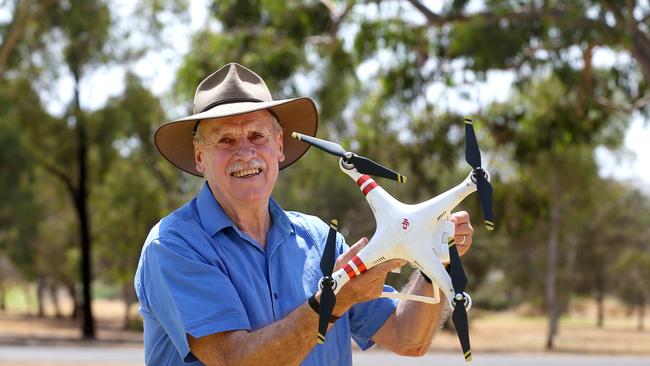
SATELLITES beam images of crops to smartphones. Computers map underground water. Robots milk cows and drones spot problem paddocks.
Modern farming is high tech.
And University of Melbourne professor Timothy Reeves believes this world of digital wizardry can excite the younger generation about career possibilities within agriculture.
“We try to target the science students, stimulate their interest in science is the first bit,” says Professor Reeves, who is at the university’s Dookie campus. “Then, if you’re thinking about science, why don’t you think about agriculture and veterinary science.”
This is the strategy behind Dookie’s first Ag Science in Action day, designed to capture the imagination of secondary school students.
“When I was talking to our third year students last year … they all said, ‘If we’d only known more about agriculture and more about Dookie when we were in Years 11 and 12, it would have made our decision making so much easier’,” says Mr Reeves.
Held last month, the day attracted 44 students from eight Goulburn Valley secondary schools.
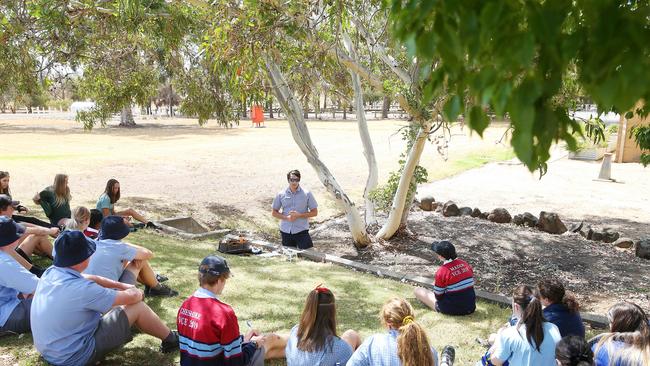
Speakers included an agronomist, hydrogeologist, livestock vet and crop field research officer, who explained how they used science and technology in their roles, and how they moved from agricultural education into careers.
The young audience also toured the campus robotic dairy and watched a crop-monitoring drone demonstration.
“We tried to get that cross-section of interest in things that are really important, but that we hope will stimulate an interest in inquiring minds,” Mr Reeves says.
LIFETIME INVESTMENT
Professor Reeves has done a lot in his career.
He was a pioneer of no-till and conservation agriculture research during 20 years at the Rutherglen Research Institute.
He was the first Australian director general of the International Maize and Wheat Improvement Centre in Mexico, on the board of the Crawford Fund for a Food Secure world and a senior expert with the Food and Agriculture Organisation of the United Nations.
“But 60 years ago, I was just like these students,” Mr Reeves says. “I was in Year 11 or 12, doing science. Had no idea what I wanted to do, had no idea what course I wanted to take.”
AUSSIE TEACHERS AND STUDENTS EXPLAIN THEIR PASSION FOR AGRICULTURE
SCHOLARSHIP HELPS STUDENT TO BECOME FIRST GENERATION GRAIN FARMER
DRONES TO BECOME FARMER’S FRIEND IN CRIPPLING DROUGHT BATTLE
He wants to hook inquisitive young people on the ag industry.
“You need experts of course. But you need people who can see the bigger picture,” he says.
“I see global food and nutritional security as the greatest challenge that humankind faces.
“We have to get more food production at the same time as we are enhancing the environment. This is absolutely critical. It is that focus we are talking about, sustainable intensification. That is where we need people.”
TOMORROW’S LEADERS
Assumption College student Georgia Sieben came to the day to find out more about animal health careers.
“From being off a farm, I’m interested, not in taking over the farm, but doing another field in it like veterinary science,” says the Year 11, whose family runs a dairy operation.
She says the speakers opened up her eyes to “all the other sides of it”, from horticulture to soil science.
The robotic dairy is nothing new for the Year 11, yet she says it’s “still cool to look at”.
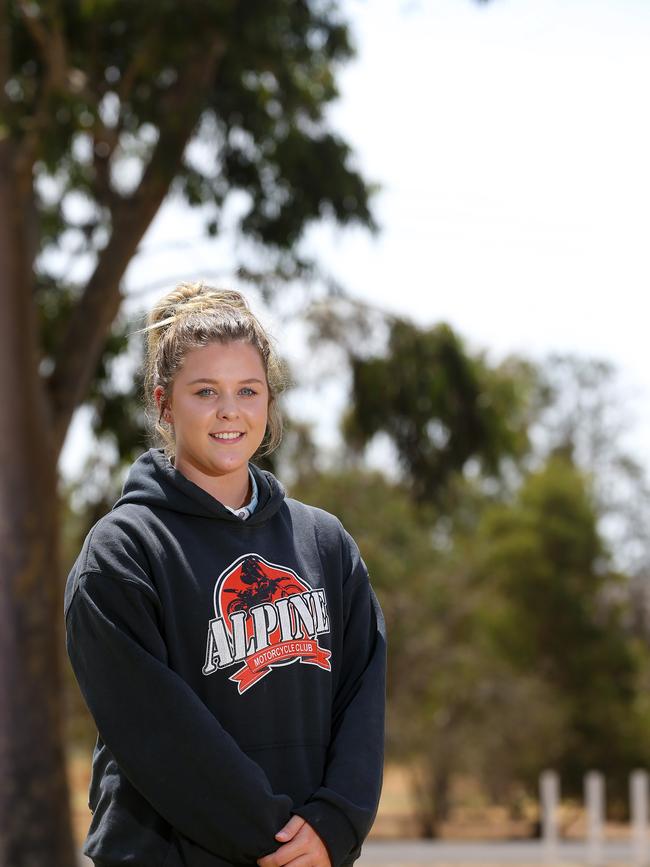
Alyssa Allan of Myrtleford P-12 College has a strong interest in vet studies and came to learn more.
“It opened up my mind to more the genetic side of the veterinary field,” Alyssa says.
“I came to look at the campus. This is where I want to come.”
Students have the option of living and studying on Dookie campus during the second and third years of a Bachelor of Agriculture degree at Melbourne Uni.
Notre Dame Year 11 student James Leahy is from a sheep and cattle property near Seymour.
He has a strong interest in ag, and says the speakers helped him realise the breadth of careers in the industry.
“It opened up my eyes to other options I can take instead of just going straight out and working,” he says. “I can try to get a degree in something to advance what I know.
“Since it (farming) is a business, you have to be with everyone or ahead of everyone.”
He says he doesn’t think relying on information “the old folk knew” will be enough to run a successful farm business in the future.
“I need to know what the new people are going to take on,” he says. “Today I came here to advance my horizons.”
HIGH FLYER
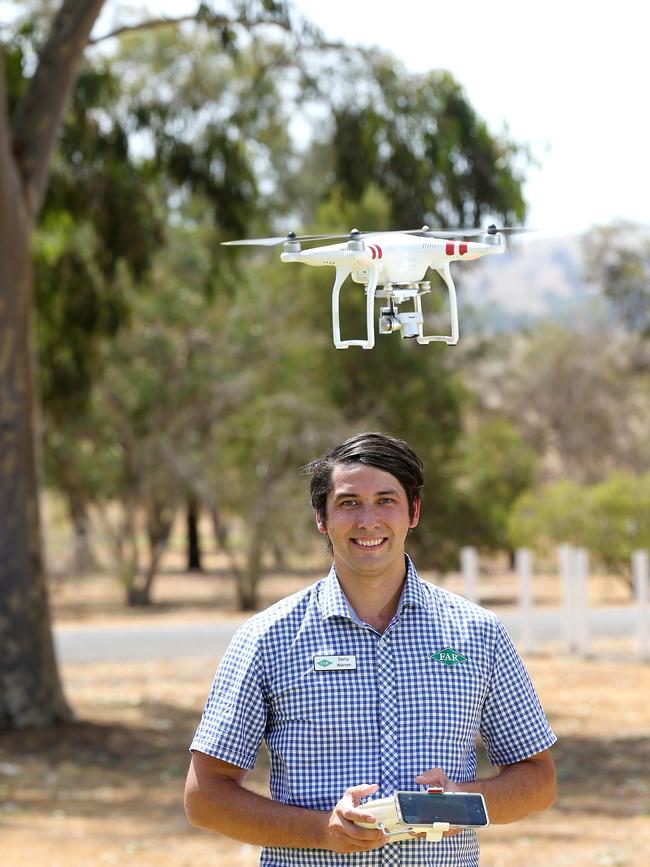
Crop field research officer Darcy Warren spoke to the students about how he uses drones to assess trial crops and demonstrate yields to farmers.
“They (farmers) just love being able to see aerial imagery,” says Darcy, a La Trobe University graduate who has worked for the Foundation for Arable Research Australia since 2017.
The organisation provides research to the cropping industry.
“I remember in my first year, when I was doing a grad program, we had a field day about drones. No one knew anything about it. Now they are just all over the place,” Darcy says.
Originally from Melbourne, Darcy is part of an increasing population of urban young people who are studying agriculture.
“I just had no exposure to it at all,” Darcy says. “I was at the La Trobe open day when I was in Year 10 or 11, and I accidentally walked into the ag science talk.
“I knew I wanted an outdoorsy job. I was going to leave, then ended up sitting and listening to the whole talk and thought this sounds great.”
Now working on crop trial programs at FAR Australia’s sites in Tasmania and Victoria, Darcy says he wishes he knew more about the industry when he was in secondary school.
“It is a really good space to be in,” he says. “I just hope they get excited about one aspect of it.”

